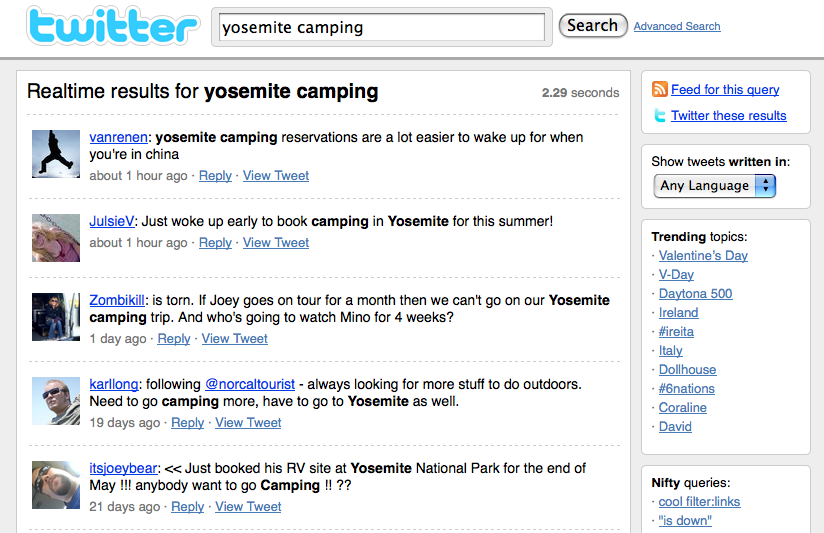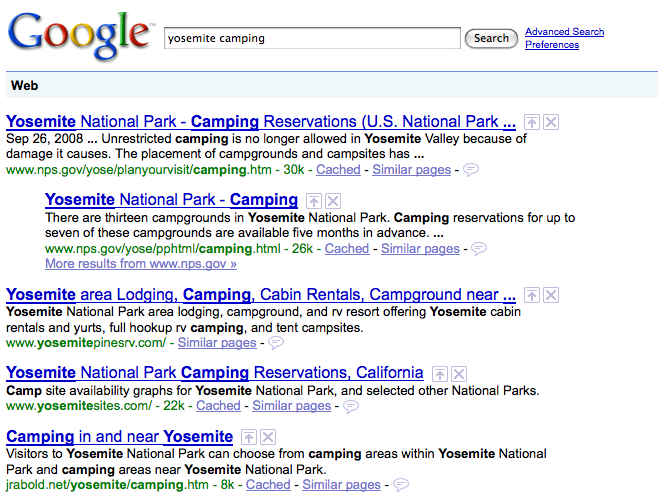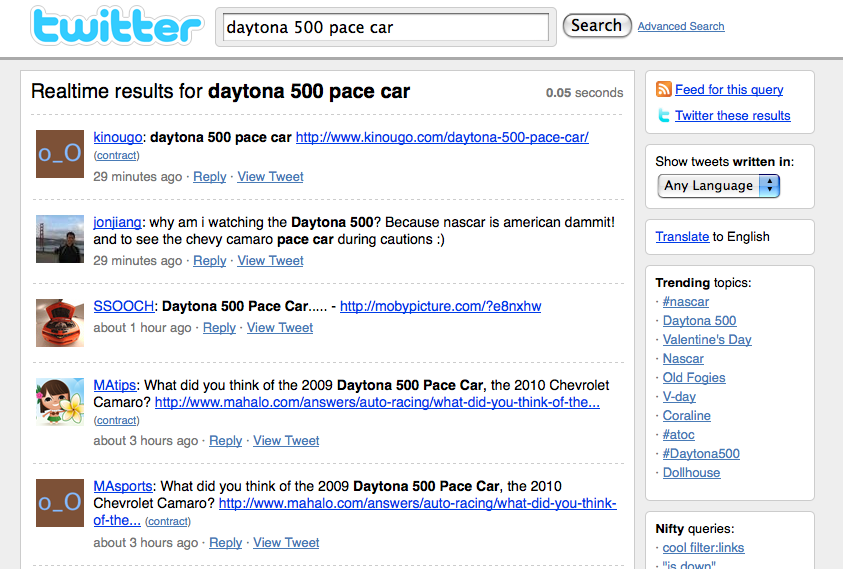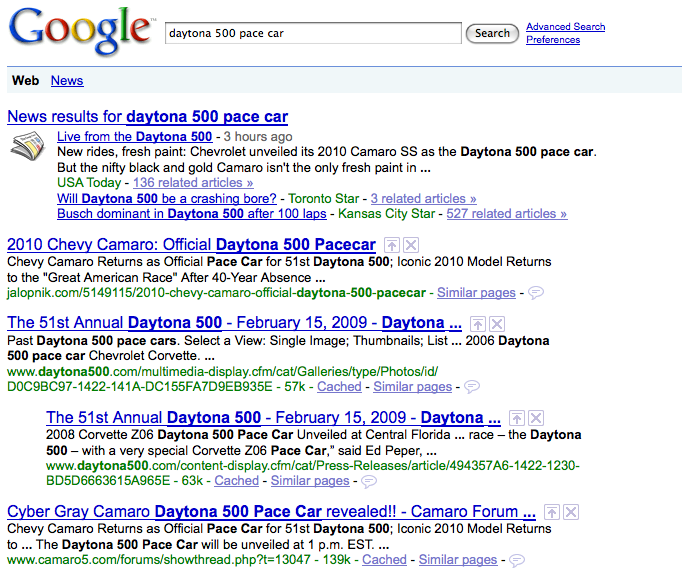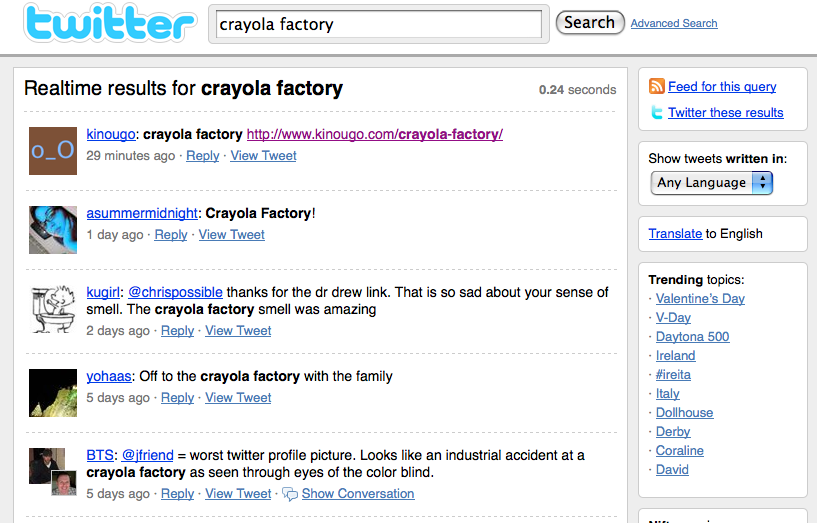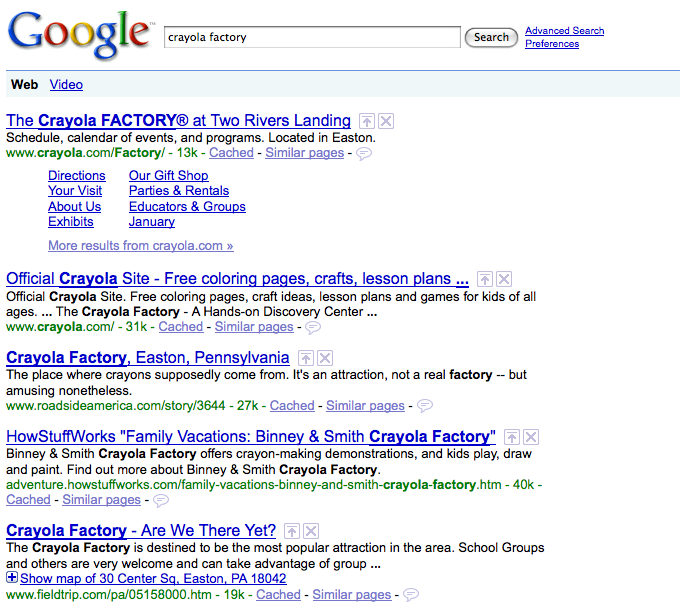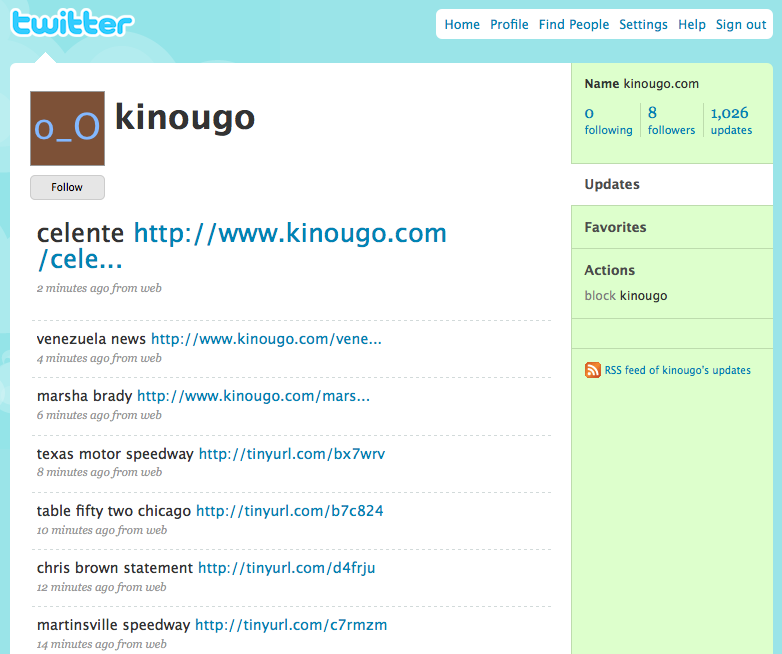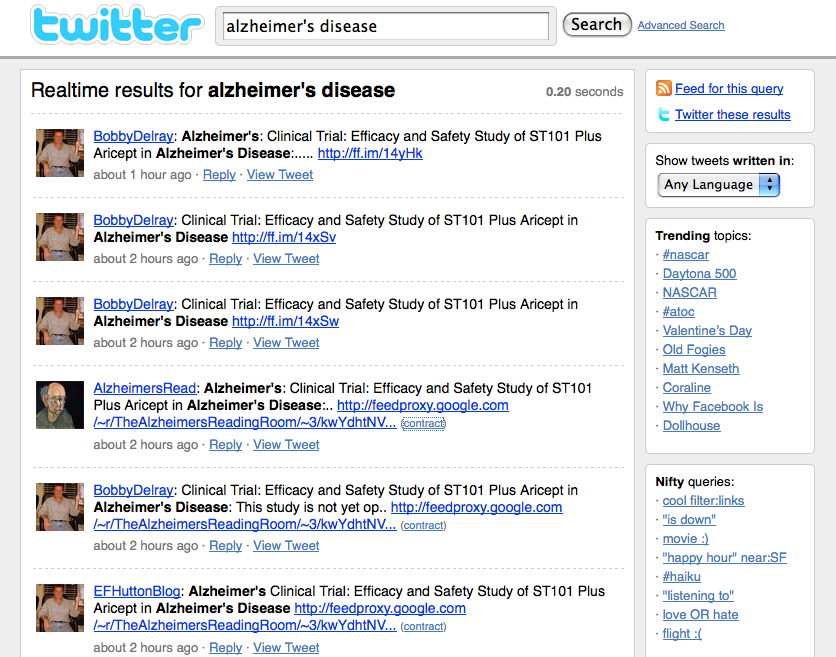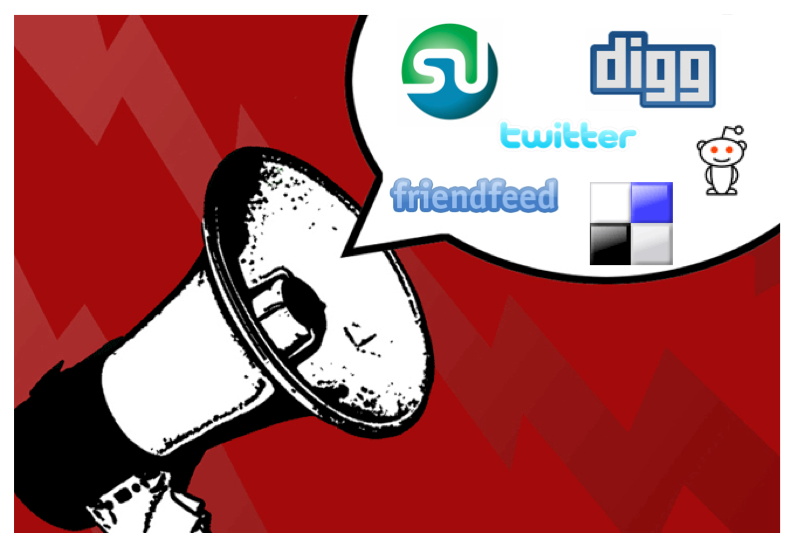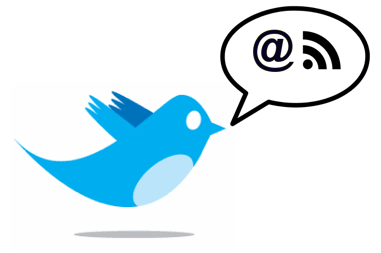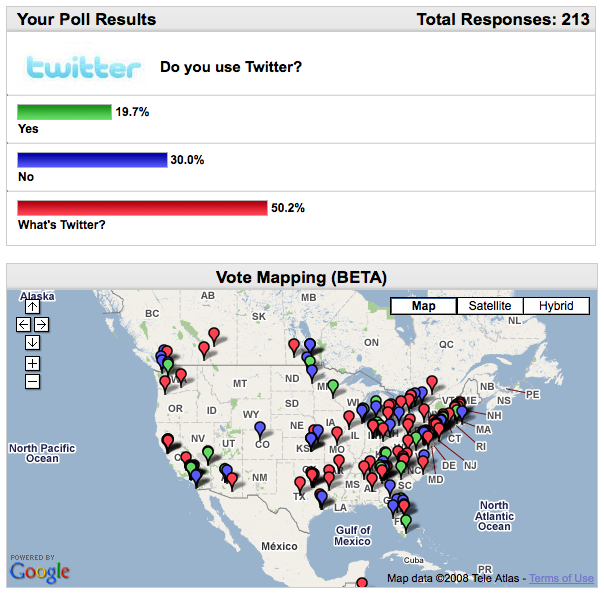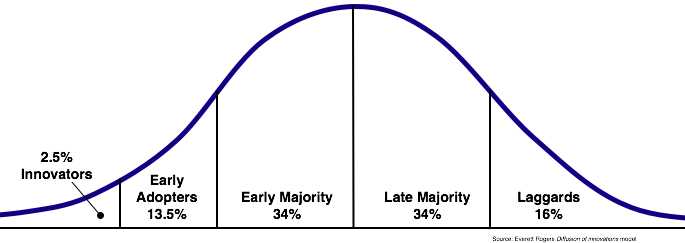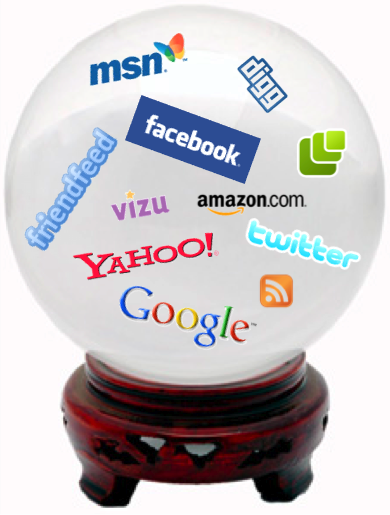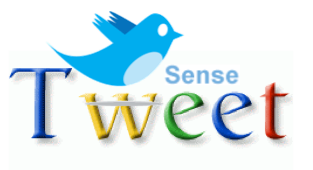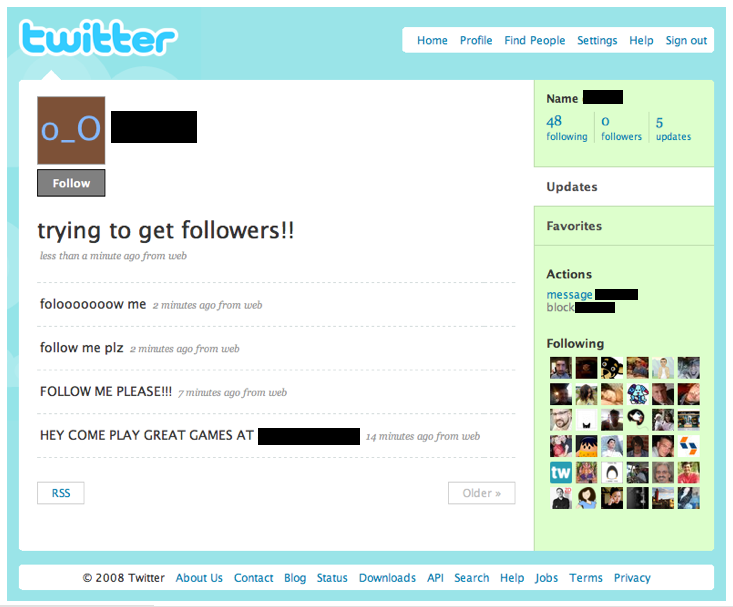Recently there has been a slew of well intentioned people offering their opinions on how to improve FriendFeed. From Robert Scoble to Louis Gray to Joshua Porter, they’ve all had interesting ideas which led to a massive FriendFeed meta discussion. Finally, FriendFeed founder Paul Buchheit, in his nice way, came out and told everyone to just chill out.

What Paul and the FriendFeed crew really need to do is invent a time machine so the impatient early adopter crowd can skip the slow but natural adoption curve of a product.
I’m not saying FriendFeed is perfect. There are a lot of good suggestions out there and I could offer my own but will save that for another day.
It’s the speed in which people are willing to claim failure which is troubling. And the mindset of many seems to be that FriendFeed is broken. That it doesn’t work like Twitter. That it’s too complicated. That it doesn’t work like Google Reader. That there’s too much information. That it sucks traffic away from blogs. That the new user experience is broken and scaring people off. The the signal to noise ratio is out of whack. That it needs Track to survive. On and on and on.
It may take some time for people to ‘get’ FriendFeed. Even those using it will endlessly debate exactly what it is and why they find it useful. And to be honest I’m doing the same thing right now. So instead of lamenting about what it isn’t I’m going to talk about what FriendFeed does right and what it means to me (YMMV).
FriendFeed connects me to people right away
Unlike other services, I can subscribe or connect to a group of people immediately upon signing up. My friends don’t have to be FriendFeed users. (Most still aren’t.) And as soon as I subscribe to a few of these recommended people I get to see activity and lots of it. Instant gratification!
The arguments around who is being recommended (e.g. – ‘A-List’ individuals) seem to have died down. ‘A-List’ users help in a few ways. It shows that the service is being used by influential people and some of their feeds provide great activity that instantly showcase the value of FriendFeed.
Could the recommended list be better? Maybe. But it terms of showcasing what FriendFeed delivers, I think it does that extremely well.
Friend of a Friend helps me find new people
This is perhaps the best feature on FriendFeed because you get to see things you might not have otherwise. It’s a passive way of delivering exploratory information to users. It’s using your friends as the filter! And isn’t this the next thing? Getting down to networks we trust? Why let an algorithm try to determine what is relevant when you can use humans instead?
Removing the Friend of a Friend feature would cause FriendFeed to wither and die as more users simply sealed themselves into their own tiny echo chambers. While the intent of these folks may be to reduce the ‘noise’ they wind up drowning themselves out. (Think of it as getting the microphone too close to the speaker, causing the high-pitched feedback screech that makes your ears bleed.)
In the end, entropy will take over. With nothing new entering that universe, you’ll find less and less value.
Hide reduces ‘noise’
Use the hide feature. It’s your friend. Maybe your best friend. You might argue that the act of hiding shows that there is too much noise. To some extent that is true but lets think about this in a different way. Do you like every episode of a certain TV show? Do you like every book an author puts out? Do you agree with everything your favorite blogger posts? Heck, do you even like everything that your spouse or significant other likes?
Not only are we different but we’re multi-faceted. That’s not a bad thing! The hide feature stops you from throwing out the baby with the bath water. Hide can be used surgically to remove a specific service, without likes or comments, from an individual person. Or you can hide a whole service if you find it is never contributing any value.
Blocking defeats spammers
I don’t block people who actually contribute to discussions even if I don’t agree with their views. However, those who are abusive or fully interrupt the value of my stream will be blocked. The real benefit of blocking on FriendFeed is that it is viral. The community is quick to identify spammers and in short order, minutes sometimes, spammers are rendered invisible or removed.
This is not the case on other networks and has become an increasing problem on Twitter.
Duplicate detection was a huge improvement
When we talk about noise, one of my biggest complaints had been the fact that the same story could show up multiple times in your feed at the same time. That was noise. Sure enough, FriendFeed was able to solve this issue.
There’s a subtle difference here. Duplicative information provides little to no extra value. (All it tells me is that the item is popular.) In my opinion, that is the definition of noise in this context.
Information deemed less relevant or random in nature is not noise but instead simply a different vector of data – a piece of the puzzle that may or may not add value.
Random does not mean irrelevant
Lets stay with the puzzle theme for a second because it speaks to the new ways in which I think people will understand their world. FriendFeed provides a very rich stream of information from people you value. (I should add here that FriendFeed is not the place to friend blindly. Be selective.)
Thinking that you can put all the pieces of the puzzle together all at once isn’t going to happen. You’re going to get the edges done first and then you might work on a particular area that has a distinctive color. Then you’ll work out from there. It is not a linear process.
So, you may pick up a piece and find that it doesn’t fit anywhere. That doesn’t mean it doesn’t belong in the puzzle, it simply means it’s not yet ready to fit. So what you perceive as noise simply might be a piece that doesn’t yet fit in your puzzle. But if you throw it away, you might never complete the puzzle.
The random nature of your feed (often perceived as noise) may actually be something to preserve. Jonathan Mendez has a great post regarding the optimization of randomness. There are a few parts from his post that I believe can be leveraged into the discussion of noise versus signal.
The sense of discovery fulfills a basic human need. We achieve further fulfillment from enlightening others to our discoveries. … Randomness helps us discover. It can create interest. It can lead to intent.
He uses music as one of his examples though he misses what I feel is the most obvious one – the shuffle feature on iPods.
How many times do you achieve an epiphany about something you’re working on by doing something else or talking to someone outside of your industry?
FriendFeed is a massive information hub
FriendFeed is the 90s science-fiction version of the data flow that Gibson and Stephenson among others talked about.
It will take time for people to figure out exactly how they can plug in to this new resource. But I believe more and more will change their behavior to best take advantage of this font of information. Lets remember, there were plenty of people who thought it was overwhelming to be reachable all the time (aka – cell phones.)
But our attitudes changed and we adapted our behavior.
Comments provide insight
FriendFeed is a great place for discussions. The comments are often where you’ll find some of the best thinking and writing. FriendFeed is a massive information hub because it is annotated by others to provide greater context and analysis. Comments allow the crowd sourcing of knowledge that transform mere data into information.
Informational osmosis is a reality
In college I made sure that I attended my classes because I found that even if I sat there barely awake, the information being discussed all sunk in on some level. Weeks later cramming for a test I could access some of this information that had seeped into my brain … simply by being there and letting the words wash over me.
Embrace the ‘noise’ and let your brain find the patterns. Give FriendFeed time and see what finally emerges.
Perhaps the biggest improvement to FriendFeed is … us.
